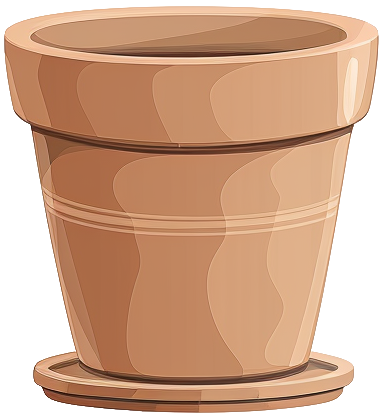- ficus
- pumila

ficus
pumila
pumila
Care level
Easy
Popularity
Moderate
This petite climber starts life with tiny heart-shaped juvenile leaves that transform into a sleek, mature form as it grows, creating a stunning two-toned effect on walls and surfaces. Unlike its larger cousins, it naturally forms a dense mat of foliage that clings tightly to surfaces, making it perfect for creating living walls or topiaries.
Care & maintenance
Light
All areas of your interior that are roughly equidistant between shade and sun. These areas benefit from slight brightness throughout the day.
Temperature
Wide range (50°F - 86°F)
Fertilization frequency
Low
Once per season.
Soil
Choose a Tropical plant mix: A rich, moisture-retentive blend with good aeration. Mimics the natural forest floor environment of tropical regions.
If you want to create your own substrate, you can make a mixture of the following soils:








Click on the soil name for more information.
Pot

Standard size
Prefer a pot with a classic width/depth ratio.
Incorrect or incomplete information?
In our goal of building the best plant database, we sometimes make mistakes or have incomplete information. You can help us fill these gaps!
Features
Size & growth
Small
Climbing
Moderate growth
This plant grows at a moderate rate. It can reach up to 12 inches in height or spread.
It grows upwards by attaching to supports or winding around them.
Toxicity
| Human | |||
|---|---|---|---|
| Cat | |||
| Dog |
Reproduction & propagation
Fruits & flowers
Non-flowering & not self-pollinating
The ficus pumila cannot produce flowers and therefore fruits.
This plant is not capable of self-pollination, it will not be able to produce fruits if it is not pollinated by another individual.
